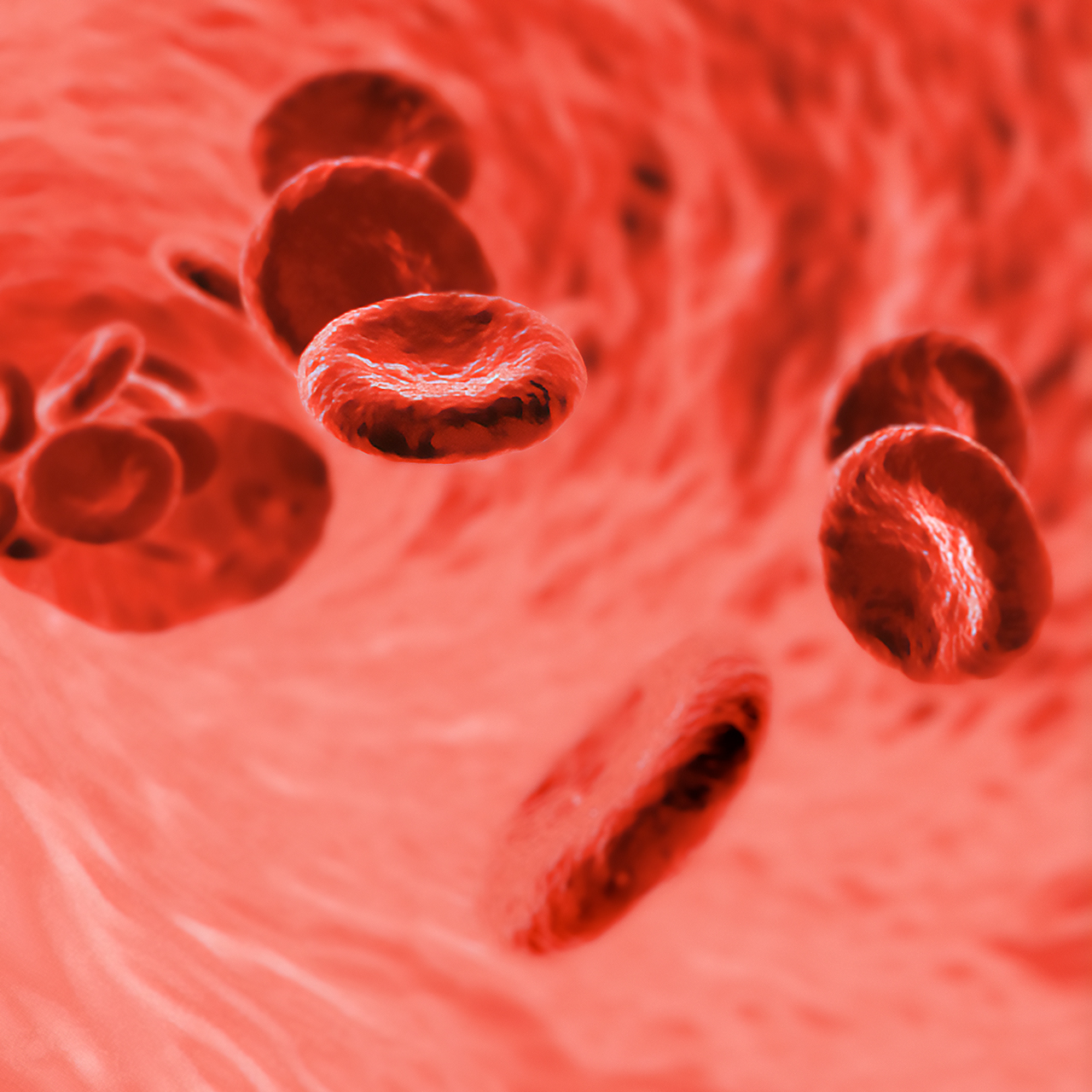Piezo1 Genetic Variants: Impact on Red Blood Cell Physiology and Human Evolution

Our pioneering interdisciplinary SNF funded Weave/Lead Agency project titled 'Genetic variants of the mechanosensitive ion channel Piezo1 - their role in human red blood cell physiology and evolution' investigates the complex role of Piezo1—a mechano-sensitive ion channel—in human red blood cell (RBC) physiology, including current and ancient genetic variants. It posits that genetic variations in Piezo1, including mutations associated with hereditary xerocytosis (HX) and those conferring protection against severe malaria, are pivotal in driving human adaptation and natural selection.
Employing advanced genome editing techniques, we will generate RBCs expressing diverse Piezo1 variants, which are then subjected to physiological analyses in the laboratory to assess their rheological characteristics. This effort is further supported by clinical assessments comparing HX patients with healthy controls, alongside investigations into Piezo1's systemic impacts using mouse models. Complementing these empirical approaches, we will reconstruct the evolutionary trajectory of Piezo1 polymorphisms using mathematical modeling to explore the environmental factors influencing these genetic variations.
Our collaborative endeavor, uniting experts from the University Clinic for Blood Group Serology and Transfusion Medicine at the Medical University of Graz, the Department of Theoretical Medicine and Biosciences at Saarland University, and the Institute of Evolutionary Medicine at the University of Zurich, focuses on differentiating RBCs from human induced pluripotent stem cells (hiPSCs), CRISPR/Cas9 genome editing, ion-channel characterization, and mathematical modeling. This collaboration aims to illuminate the underlying mechanisms of human evolution and delineate Piezo1's crucial contribution to RBC physiology and pathology.